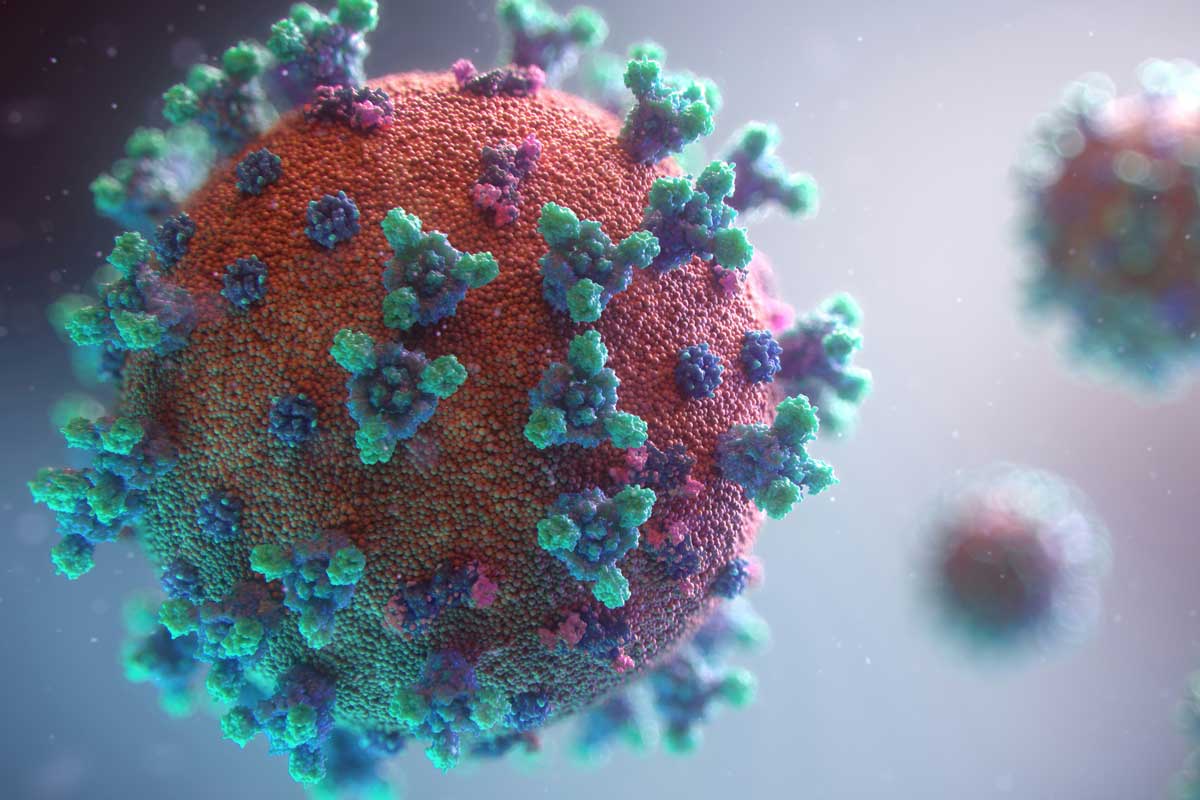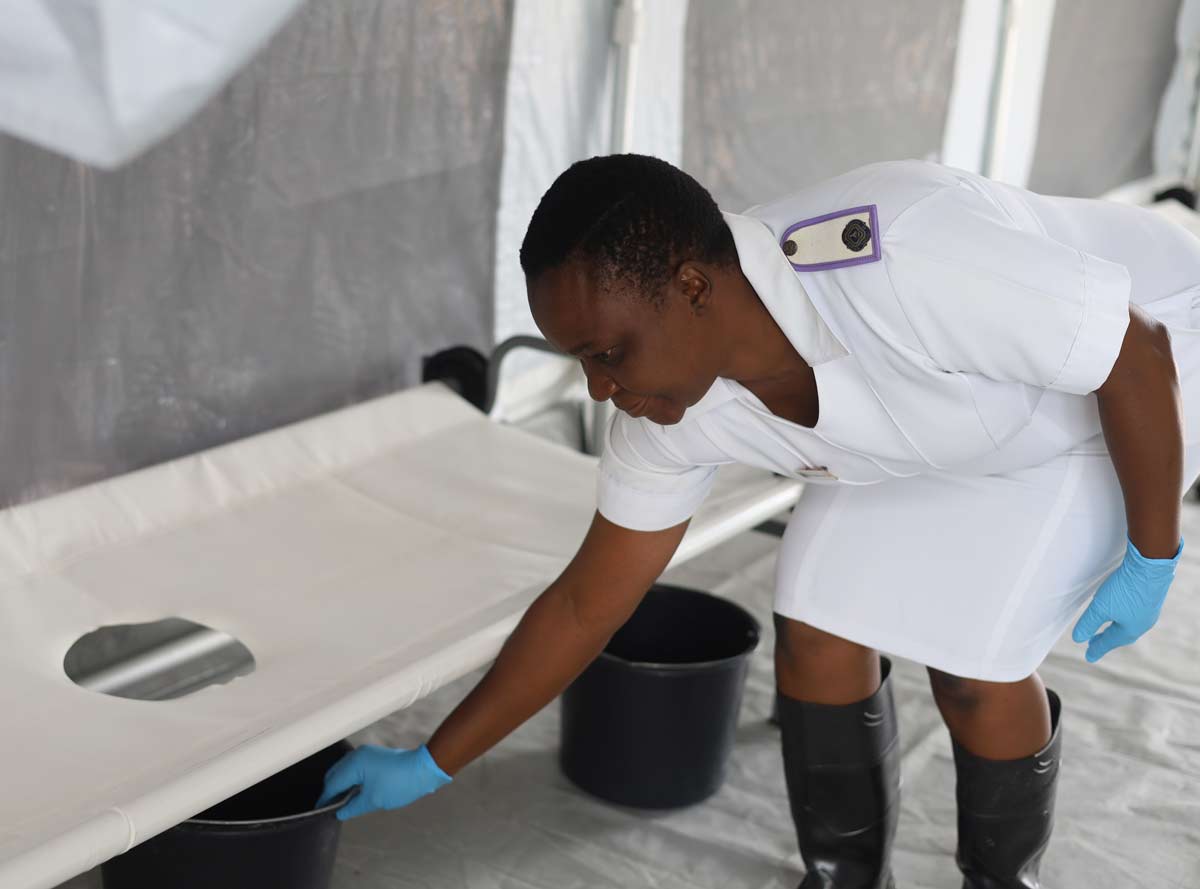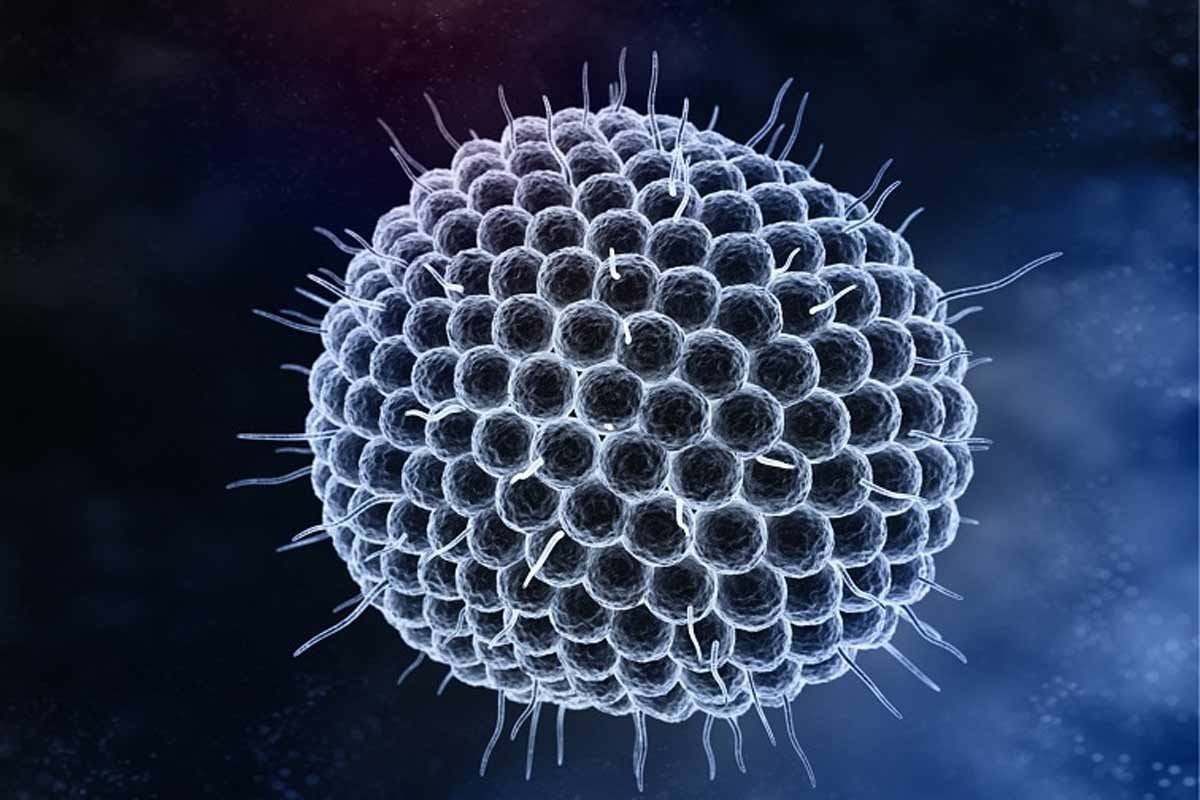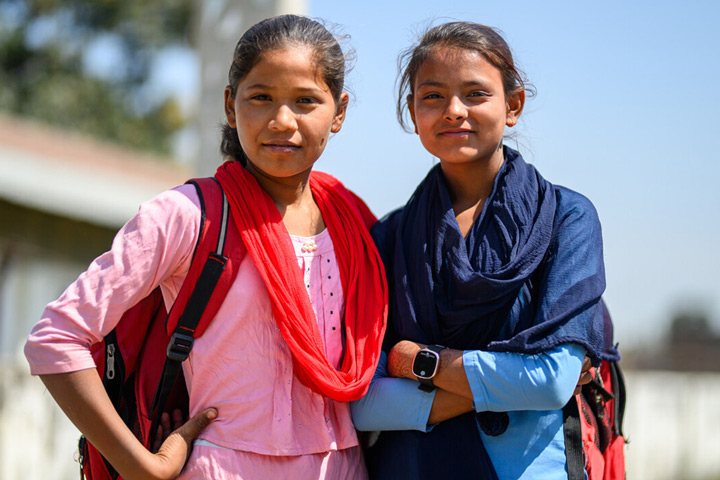COVID-19 mRNA vaccines train immune cells for long-lasting protection
The vaccines might leave a lasting imprint on immune cells, boosting long-term protection.
- 2 April 2025
- 3 min read
- by Priya Joi

New research suggests that COVID-19 mRNA vaccines could do more than just protect against the virus: they might also create a lasting ‘memory’ in our immune cells, boosting our ability to fight infections for months.
The study shows that mRNA vaccines not only train the immune system to recognise and react to the SARS-CoV-2 virus, but also leave behind changes in key immune cells that may help them respond more effectively to infections other than COVID-19.
An immune response that lasts
The researchers, from the University of Cologne and the Max Planck Institute for Biology of Ageing, studied white blood cells called ‘monocytes’ that can become immune cells called ‘macrophages’. These act like the body’s garbage collectors, finding and digesting pathogens.
The changes after vaccination involved binding specific chemicals to histones: proteins that help package DNA and regulate gene activity. These changes are called ‘epigenetic’ because they don’t involve changes to our DNA, but instead alter how the DNA is read.
These altered histones led to an increased ‘reading’ of pro-inflammatory genes, which triggered the production of cells called cytokines that serve as alarm bells for our immune system. They activate numerous immune cells and boost our ability to fight pathogens.
This increased response was seen for six months after vaccination – but monocytes only circulate for about three days, meaning that the change had to have happened in the precursor cells of monocytes that live in the bone marrow.
These changes are called ‘epigenetic’ because they don’t involve changes to our DNA, but instead alter how the DNA is read.
By tweaking the reading of this source code, as it were, for several months, it meant that the immune system was on high alert for far longer.
“Our findings show that mRNA vaccines induce an epigenetic ‘training’ of innate immune cells, enabling a sustained immune response,” said Dr Alexander Simonis, first author of the study.
The researchers also discovered an intriguing mechanism behind this phenomenon: G-quadruplex DNA structures (four-stranded DNA structures, unlike the regular double-stranded helix of typical DNA) that appear to stabilise epigenetic marks left by the vaccine, keeping immune genes ‘primed’ for activation long after vaccination.
Have you read?
Implications for future vaccines
The researchers said that a single vaccine dose wasn’t enough to create these lasting epigenetic changes. However, after two doses, the effect persisted for over six months.
A booster shot further reinforced this immune memory, restoring the trained response to its peak levels.
This isn’t the first time that these immune changes have been seen, say the researchers. Experiments in mice has shown that BCG vaccination (against tuberculosis) can induce epigenetic modifications, which alter immune cells to be able to protect against not only bacteria, but fungal infection too.
This new discovery could open doors to new vaccine strategies that focus on enhancing innate immunity alongside traditional antibody responses. Such approaches might be particularly useful for combatting emerging pathogens or improving resilience against infections in vulnerable populations.
The researchers say that their work “may have implications for the improvement of vaccine responses and designs, the overall immune response towards non-related infections and even our understanding of post vaccination inflammatory diseases which occur in a small number of vaccinated individuals.”
They add that their research could potentially reshape how we think about immunity and vaccine design in the years ahead.
More from Priya Joi
Recommended for you








